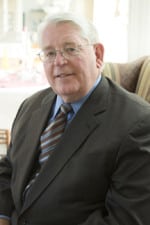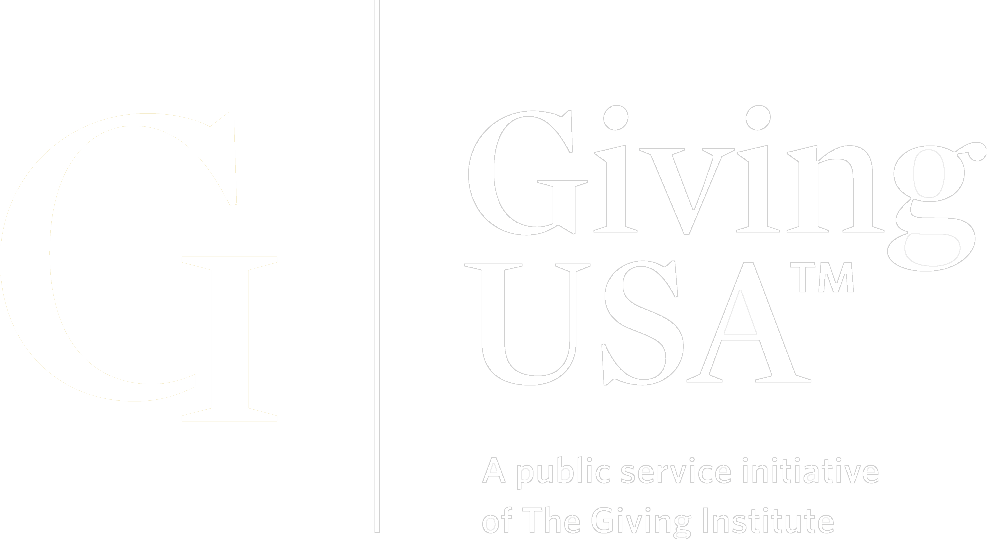
Senior Vice President
In fundraising, we often hear the words “people give to people.” Donors and prospects are more likely to give when they are comfortable with and feel good about the person who is presenting them with a request — perhaps a university alum, a grateful patient or a supporter of the arts. But what exactly does this tenet mean in the world of Planned Giving?
Have you ever wondered just how that “superstar” Planned Giving Gift Advisor seems to be successful far more often than not? That person probably has a very strong grasp on what causes their audience to be satisfied with the manner in which they have been encountered. He or she has learned that donors are most satisfied when a Gift Advisor does the following:
- Takes time to discuss giving with them in detail
- Asks questions and most importantly, listens to the responses
- Explains the giving plan simply and limits complex options
- Talks far more about life (and not death)
- Treats the plan as a giving tool rather than as a product to be sold
- Knows when to look for additional assistance and does not try to come off as an “expert” on all aspects of Planned Giving
I’ve had the pleasure and privilege of working with many different people – ranging from staff to volunteers to prospective donors to donors – in Planned Giving. Over my many years in this field, I’ve noticed the most successful Planned Giving Gift Advisors display the following characteristics:
- Solid Communication Skills
They excel in both verbal and written communication. They are persuasive, concise and articulate. They are well-versed in the Case for Support — familiar with it front to back and have the ability to convincingly present organizational needs. They are good listeners and closers. - Organization and Prioritization
They have the ability to manage a number of tasks at the same time and are comfortable and successful in handling the fast-paced and challenging nature of fundraising. Seldom, if ever, do they become “overwhelmed.” - Relationship Building
They are skilled in encouraging a long-term commitment to the organization. They are able to develop a high level of trust with the donor, which can lead to additional giving. They understand the need to avoid becoming overly involved in the personal side of the donor relationship (as this is difficult to emerge from unscathed.) - A Persuasive Presenter
They are extremely adaptable to their audience and equally persuasive and enthusiastic — whether presenting to a prospective donor, a church group, community groups or their own organization’s leadership team. - Effective in Managing the Donor
They are very sensitive to serving the needs of the donor, but within reason. They ensure the donor is happily satisfied with his/her gift and its benefits. They remain attentive to keeping the donor informed about the organization. - Being Opportunistic/Proactive
They possess the ability to identify an opportunity and create a strategy to act upon it. They do NOT procrastinate – this is simply not in their DNA. - Enthusiastic and Committed
They are successful in conveying true enthusiasm for and commitment to the Mission of their organization, because failure to do so will likely result in less than the desired outcome or no outcome at all.
Highly skilled Planned Giving Gift Advisors are “transformers” in that they are consistently able to make the difference between the organization receiving a nice gift or a transformative commitment.
For more information on developing “Transformative” Planned Giving Gift Advisors for your organization, contact John F. Marshall at 816.914.3780 or at jmarshall@jba.flywheelsites.com.


